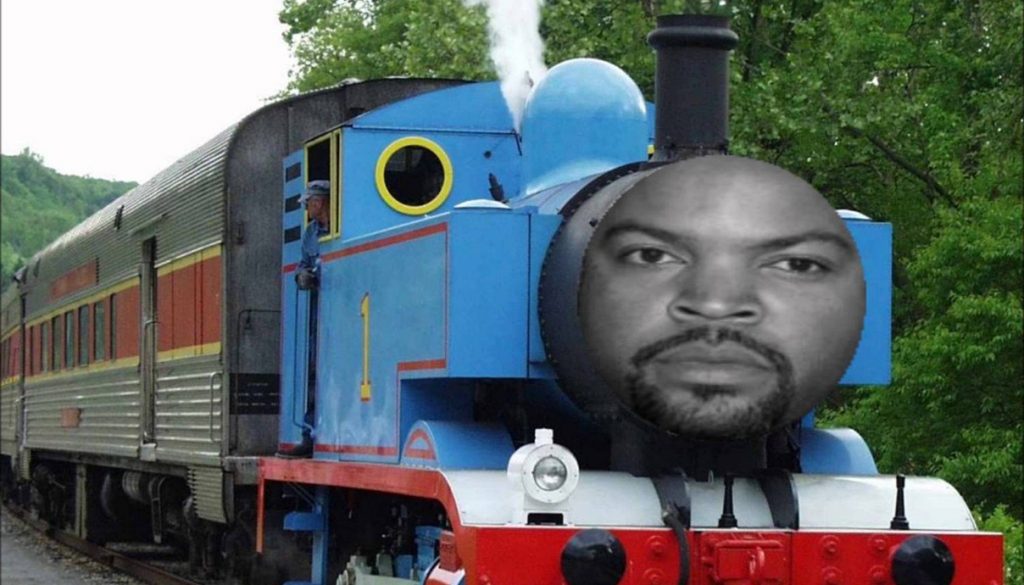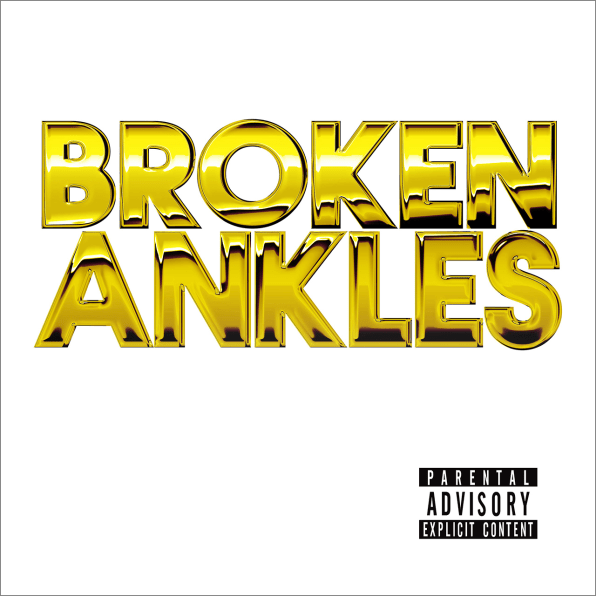

The first factor focuses on the observation of how the work is being used.

The Copyright act listed certain types of use that are likely to be considered as fair, such as criticism, comment, news reporting, teaching, scholarship and research. There is a false common belief that it is considered “fair use” to use an unlicensed, copyrighted work as long as one gives credit to the author or copyright owner (the assumption that a use is fair can be risky, and technically speaking, it is considered fair only when a court decides so). It is important to understand that fair use is not an affirmative right, but merely a defense against a copyright infringement. The goal of that concept was to permit certain uses of copyrighted works that encouraged the advancement of learning and knowledge and to provide wide access to creative works for the public. However, to determine congruency with the fair use doctrine, it is necessary to understand the origins and basis of the fair use concept.įollowing a tendency that had been developed through case law, the 1976 Copyright Act recognized the fair use doctrine as a defense against copyright infringement. Gillis, having planned to release the album for free, decided to move forward without licensing a single track – not even the three-minute use of Black Sabbath’s War Pigs– claiming that his creations fit the guidelines of fair use. Obtaining all of the necessary licenses for each sound recording used would have been very costly and extremely time consuming.
#GIRL TALK MASHUP DOWNLOAD#
Girl Talk’s latest album, All Day, was released as a free download on November 15th and has more than 350 samples of different sound recordings in approximately seventy minutes of runtime. While Mash-Ups are also considered a derivative work, artists like Gregg Gillis – known as DJ Girl Talk – are trying to push the boundaries of the strictures of the law by trying to include these musical collages under the fair use concept. Copyright owners have already successfully sued Hip-hop artists that tried to use samples without these licenses.Īnother sample-based derivative work is the Mash-Up a type of composition that blends two or more pre-recorded sounds creating an entirely new musical composition.
#GIRL TALK MASHUP LICENSE#
The use of samples to construct new songs is considered a derivative work and usually a license is required.

With the development of digital music in the mid-1990s, the act of sampling became very popular and is now a fundamental element for musical styles like Rap and Hip-hop.


 0 kommentar(er)
0 kommentar(er)
